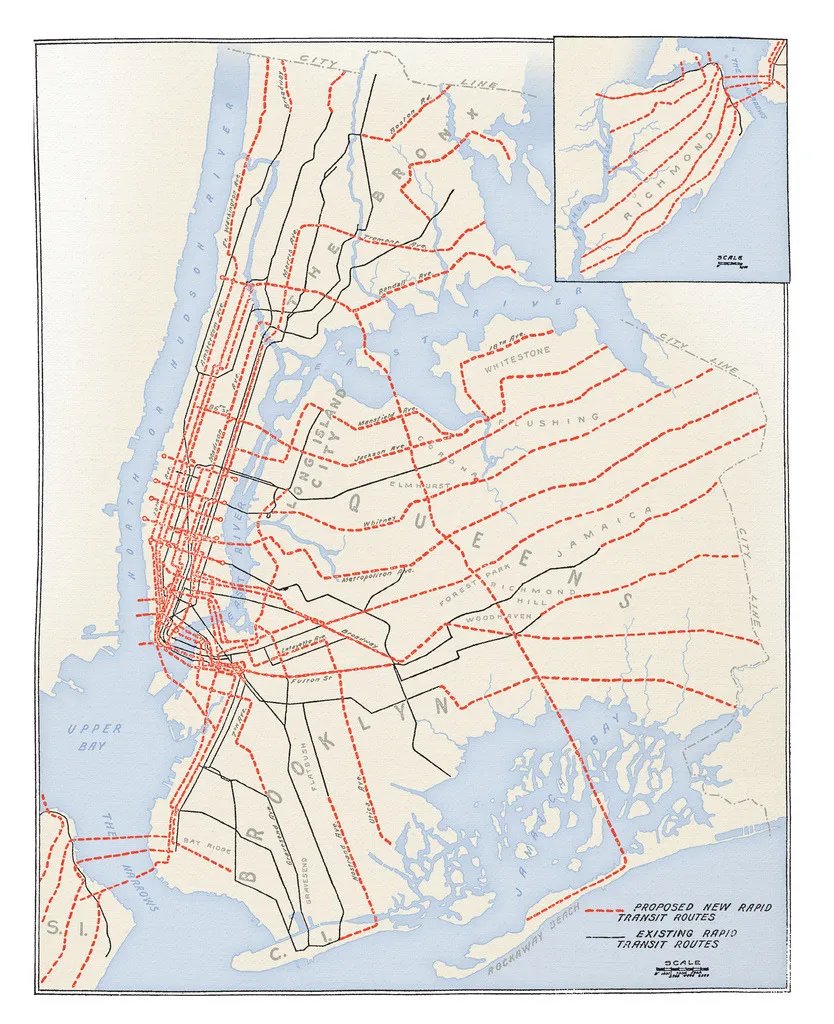
@OurWorldInData From the same page: “Amartya Sen famously noted in his 1999 book *Development as Freedom* that ‘there has never been a famine in a functioning multiparty democracy’”
(The @OurWorldInData article notes that “exceptions to this rule can be found – depending on the definition of ‘democracy’ and ‘famine’ being employed”, and discusses them in detail)
Many questions on the classification. See the article: regimes are defined “according to the Polity IV score… collecting the various scores into three clusters: Democracy (>5), Autocracy or Anocracy (-10 to 5), and Colony (-20).” More on this score here: ourworldindata.org/democracy
Here's the same dataset organized by world region, BTW. No famines in the Americas since 1900, in the Middle East since 1920, in Europe since 1950, or in Asia since 2000 

And here's overall famine mortality by decade. An impressive reduction after the 1960s, even more so when you normalize for population: 



Looking at the data in these other ways, I think the correlation with democracy is not as strong as it appears in the first chart. E.g., it's not as if the Middle East was a bastion of democracy after 1920.
However, Communism did cause some terrible famines in the 20th century.
However, Communism did cause some terrible famines in the 20th century.
Famine sort of requires a lot of things to go wrong at once: both a shortage of food, and *also* no ability to mitigate the circumstances, e.g., by importing food into the stricken region (whether purchased, borrowed, or as a gift/aid).
An authoritarian or even totalitarian government contributes to that set of causes. But a sufficiently wealthy authoritarian regime (e.g., modern China) can avoid famine.
The bigger story of famine is not democracy vs. authoritarianism, but rather past vs. present. Famine is a thing of the past in all but the poorest regions of the world, because of increased wealth, technology, and infrastructure—nicely summarized here by Cormac Ó Gráda: 

That's from Ó Gráda's book *Famine: A Short History*, which is probably the best reference on the topic, and which is cited in the @OurWorldInData article linked above: press.princeton.edu/books/paperbac…
• • •
Missing some Tweet in this thread? You can try to
force a refresh






